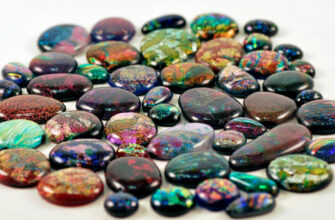
Supplements for a ketogenic diet
Although they are not necessary, certain vitamins can be helpful.
- MCT oil. Added to beverages or yogurt, MCT oil provides energy and helps raise ketone levels. MCT oil may be bought online.
- Minerals. Due to changes in the balance of the minerals in the water, adding salt and other minerals might be crucial when first starting off.
- Caffeine. Caffeine can have benefits for energy, fat loss, and performance.
- Exogenous ketones. This supplement may help raise the body’s ketone levels.
- Creatine. Numerous advantages for health and performance are offered by creatine. This can be beneficial if you combine a ketogenic diet with physical activity.
- Whey. To improve your daily protein consumption, add half a scoop of whey protein to smoothies or yogurt. Purchase delicious whey products online.
SUMMARY
Certain supplements can be beneficial on a ketogenic diet. These include exogenous ketones, MCT oil, and minerals.
Frequently asked questions
Here are answers to some of the most common questions about the ketogenic diet.
1. Can I ever eat carbs again?
Yes. To start, you should drastically cut back on your carbohydrate consumption. You can indulge in carbohydrates on rare occasions after the first two to three months; just get back on the diet right afterwards.
2. Will I lose muscle?
Any diet has the chance of causing some muscle loss. However, if you lift weights, a high protein diet and high ketone level may aid to reduce muscle loss.
3. Can I build muscle on a ketogenic diet?
Yes, however it might not be as effective as on a diet high in moderate carbs. Read this page for additional information regarding low-carb or ketogenic diets and exercise performance.
4. How much protein can I eat?
A modest amount of protein is advised since a very high consumption might raise insulin levels and reduce ketones. The top limit is probably around 35% of total calorie consumption.
5. What if I am constantly tired, weak, or fatigued?
You could not be fully ketotic or effectively using fats and ketones. Reduce your carb consumption and go over the suggestions above to combat this. Supplements such as MCT oil or ketones may be beneficial.
6. My urine smells fruity. Why is this?
Don’t be alarmed. This is simply due to the excretion of by-products created during ketosis.
7. My breath smells. What can I do?
This is a common side effect. Try drinking naturally flavored water or chewing sugar-free gum.
8. I heard ketosis was extremely dangerous. Is this true?
People frequently mix up ketosis with ketoacidosis. While ketosis with a ketogenic diet is often safe for healthy individuals, ketoacidosis is harmful. Before beginning any new diet, consult your doctor.
9. I have digestion issues and diarrhea. What can I do?
After three to four weeks, this typical adverse effect usually disappears. If it persists, consider consuming more vegetables high in fiber.

The bottom line
A ketogenic diet can be great for people who:
- are overweight
- have diabetes
- are looking to improve their metabolic health
Elite athletes or those looking to gain a lot of muscle or weight could find it less suited.
Additionally, it could not fit with the interests and lifestyles of certain people. If you want to know if a ketogenic diet is good for you, talk to your doctor about your objectives and eating schedule.








